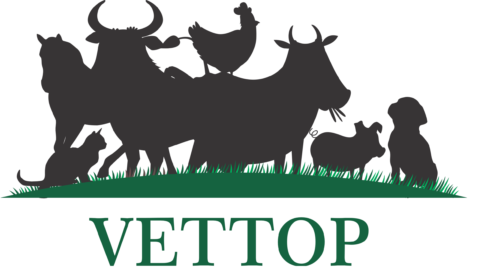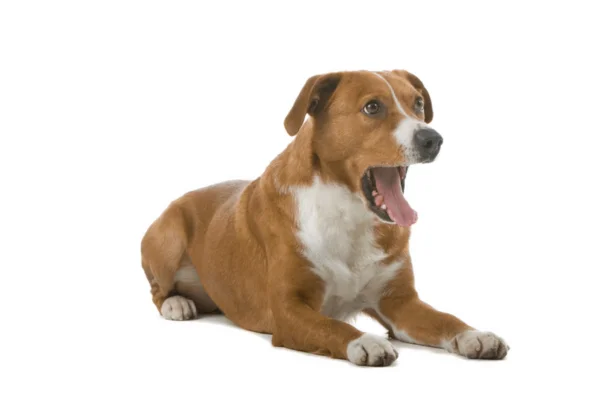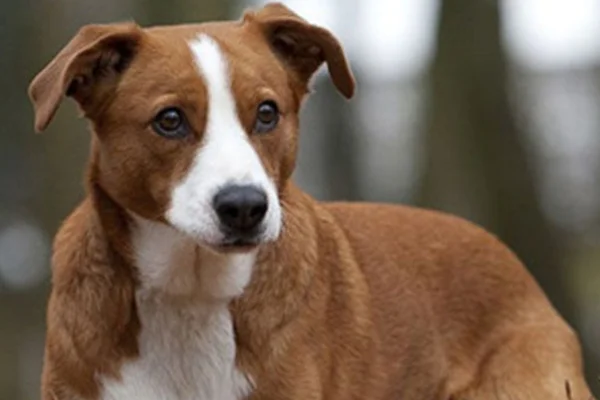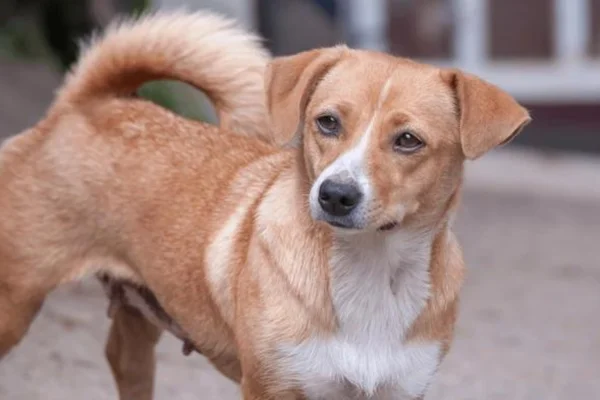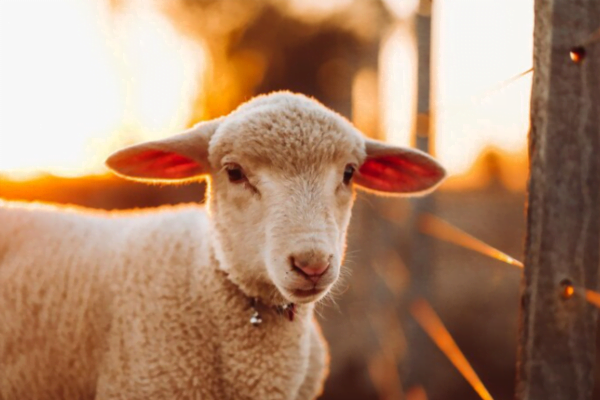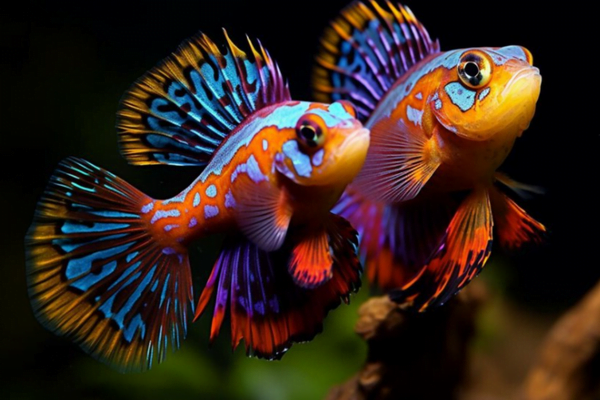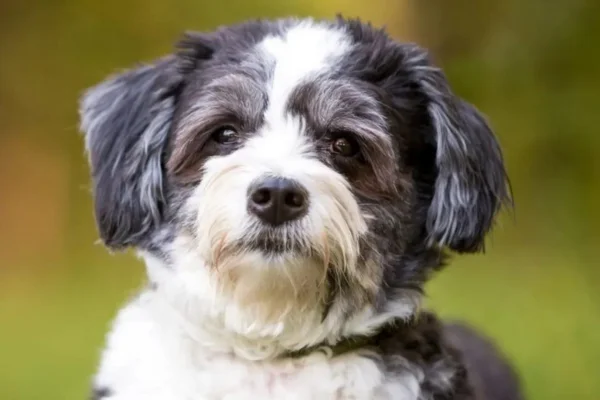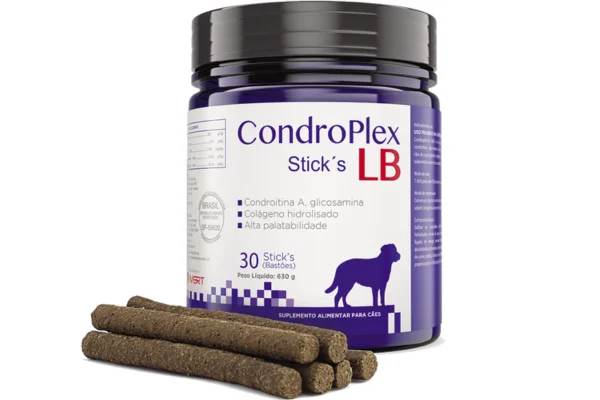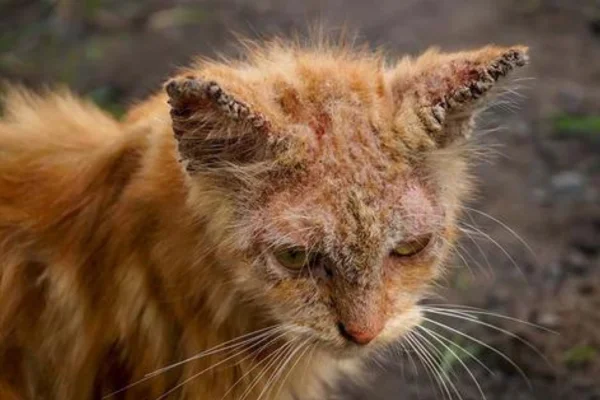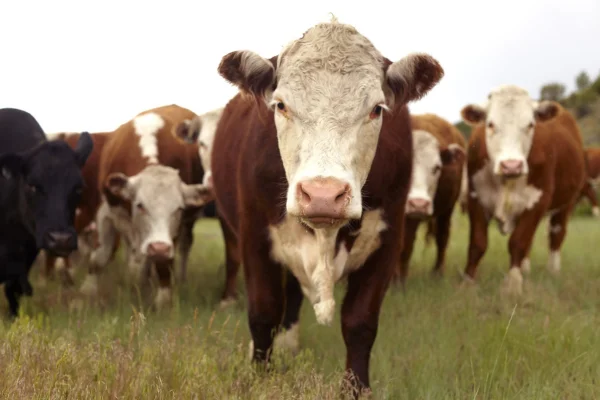Austrian Pinscher: A Loyal and Energetic Guardian
Origin and History
The Austrian Pinscher, also known as the Austrian Shorthaired Pinscher, is a medium-sized dog breed originally from Austria. The history of this breed dates back to the 19th century, when it was commonly found on Austrian farms, playing the role of guardian and hunter of small rodents.
This robust and versatile dog is descended from local shepherd dogs and Pinscher-type dogs that were cross-bred over time to develop their working skills. For many years, the breed was valued not only for its ability to protect property, but also for its dexterity in hunting rats and other small animals that threatened crops.
At the beginning of the 20th century, the Austrian Pinscher began to gain formal recognition, and efforts were made to preserve and standardize the breed. In 1928, the breed was officially recognized by the Austrian Kennel Club, marking an important step towards its preservation and popularization. Despite its rural roots, the Austrian Pinscher has shown an impressive ability to adapt, making it an appreciated companion in both urban and rural areas.
Physical characteristics
The Austrian Pinscher is a medium-sized dog with a height of between 42 and 50 cm at the withers and a weight of between 12 and 18 kg. Its body is compact and muscular, giving it a robust appearance. The coat is short and dense, weather-resistant, and can be found in a variety of colors, including red, black and brown, often with white markings on the chest, paws and muzzle. Their eyes are dark and expressive, reflecting their alert and intelligent nature.
The Austrian Pinscher's head is in proportion to its body, with a slightly rounded skull and a strong muzzle. The ears are medium-sized and can be erect or folded back. The tail is generally of medium length and carried in a curve over the back. Its physical structure allows it to be agile and resistant, qualities that are fundamental for a working dog.
Personality and temperament
Austrian Pinschers are known for their lively and energetic personality. They are extremely loyal and protective dogs, often forming a strong bond with their owners. Their vigilant nature makes them excellent watchdogs, always alert to any strange movement in their territory. In addition, they are intelligent and independent, characteristics that can be both an advantage and a challenge when it comes to training them. The Austrian Pinscher's intelligence means that it learns quickly, but it can also get bored easily if not stimulated properly.
They are known for being brave and determined, never hesitating to protect their family and their territory. However, this courage must be balanced with proper socialization to ensure that they don't become overly territorial or aggressive. With the right guidance, the Austrian Pinscher can be a balanced and reliable dog, both as a guardian and as a companion.
Care and Maintenance
Despite its short coat, the Austrian Pinscher requires regular grooming to keep its skin and hair healthy. Weekly brushing is enough to remove dead hairs and maintain its natural shine. Baths can be given as needed, but it's important not to overdo it to avoid stripping the skin of its natural oils. In addition, it is crucial to check the ears regularly to avoid infections and to keep the nails trimmed.
The Austrian Pinscher's teeth also require attention. Brushing your dog's teeth several times a week helps prevent dental problems and keep breath fresh. The diet should be balanced and nutritious, appropriate to the dog's level of activity. A diet rich in high-quality proteins, combined with regular exercise, will help keep your Austrian Pinscher fit and healthy.
Exercise and Activity
Being an energetic breed, the Austrian Pinscher needs plenty of daily exercise. Long walks, running sessions and playing in a safe space are essential to keep this dog physically and mentally stimulated. Activities that challenge its intelligence, such as games of fetch and puzzles, are also highly recommended. Due to its active nature, the Austrian Pinscher doesn't adapt well to a sedentary lifestyle and can develop unwanted behaviors if it doesn't receive enough stimulation.
In addition to physical exercise, mental stimulation is equally important. Advanced obedience training, agility and other activities that challenge the dog's mind can be extremely beneficial. The Austrian Pinscher is a dog that likes to work and have a job to do, so providing varied activities is the key to keeping him happy and healthy.
Training and Socialization
Training the Austrian Pinscher should start from puppyhood, with an emphasis on socialization and basic obedience. This breed responds well to positive training methods, which use reinforcements such as treats and praise. Due to their independent nature, it is important to be consistent and patient during training. Early socialization is crucial to ensure that the Austrian Pinscher grows up to be a balanced and confident dog.
Introducing your puppy to different people, places, sounds and other animals will help develop their social skills and reduce the likelihood of aggressive or shy behavior. Basic obedience, such as sit, stay and come when called, should be taught from an early age and reinforced regularly. Advanced obedience training and tricks can also be introduced to keep the mind active and strengthen the bond between dog and owner.
Health and Life Expectancy
In general, the Austrian Pinscher is a healthy breed, with a life expectancy of between 12 and 14 years. However, like all breeds, they may be predisposed to some health conditions, such as hip dysplasia and heart problems. Regular visits to the vet, a balanced diet and adequate exercise are key to ensuring a long and healthy life. In addition, regular examinations, such as dental check-ups and orthopedic evaluations, can help identify and treat health problems early on.
Vaccinations and parasite prevention are also important aspects of the Austrian Pinscher's health care. Keeping an up-to-date vaccination schedule and using preventative products against fleas, ticks and worms will help protect your dog against common diseases. It's also important to keep an eye out for changes in your dog's behavior or physical appearance, as this could indicate underlying health problems.
Adaptation and Ideal Environment
The Austrian Pinscher is an adaptable dog, but prefers environments where it has room to run and play. They do well in houses with fenced yards, where they can exercise their vigilance instinct. Although they can live in apartments, provided they get enough daily exercise, they thrive best in environments where they can expend their energy. A bored or under-stimulated Austrian Pinscher can develop destructive behaviors, so it's crucial to make sure he has enough opportunities to exercise and have fun.
In addition, the Austrian Pinscher can adapt well to different climates, as long as it has access to adequate shelter and protection from extreme weather conditions. In summer, make sure it has shade and fresh water, and in winter, a warm and cozy shelter is essential.
Interaction with Children and Other Animals
This breed generally gets on well with children, especially if they are raised together from puppyhood. However, due to its protective nature, it is essential to supervise interactions with young children to ensure that the dog does not interpret sudden play as a threat. With other animals, the Austrian Pinscher can be a little territorial, but with proper socialization, it can live peacefully with other dogs and even cats. It is important to teach children to respect the dog's space and to interact with him in a calm and gentle manner.
A gradual and supervised introduction to new pets is essential to ensure harmonious coexistence. The Austrian Pinscher may initially be wary of strangers, both human and animal, but with time and proper socialization, it can learn to accept and even appreciate the company of others.
Final considerations
The Austrian Pinscher is an excellent companion for active families who can meet their exercise needs and who appreciate a loyal and vigilant dog. Its combination of intelligence, energy and loyalty makes it an ideal dog for those looking for a faithful friend and dedicated guardian. With the right care and training, the Austrian Pinscher can be a valued and loved member of the family for many years to come.
This summary highlights the characteristics and needs of the Austrian Pinscher, but it is always advisable to carry out in-depth research and consult breeders and vets before deciding on this breed. If you are looking for a
